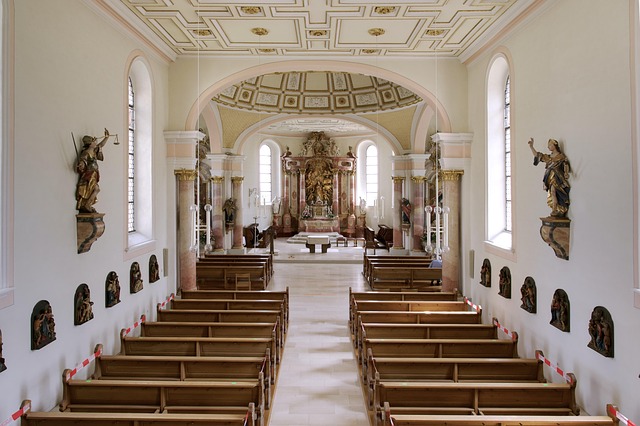Exploring Christian Rituals: Understanding the Significance in Religion
Christian rituals play a vital role in the life of believers, serving as tangible expressions of faith and community. From baptism to communion, each ritual embodies deep spiritual significance and connects adherents to centuries of tradition. These practices are more than mere ceremonies; they are lifelines that reinforce the beliefs and values central to the Christian faith.
Baptism: The Initiation into Faith
Baptism is often regarded as the first and most significant ritual in a Christian’s life. This rite of passage symbolizes purification and the individual’s entrance into the Christian community. For many, it marks a transformative moment, reflecting a commitment to follow Christ. The act of immersing or sprinkling water signifies the washing away of sin and the rebirth of one’s spiritual life. It’s a powerful reminder of one’s identity as a member of the faith, connecting new believers to a rich history of traditions.
Communion: A Sacred Meal
The celebration of Communion, also known as the Eucharist, stands as a profound testament to the beliefs of Christians. This ritual commemorates the Last Supper, where Jesus shared bread and wine with his disciples. During Communion, participants gather to share in this sacred meal, symbolizing their unity with Christ and each other. This act of remembrance not only nourishes the spirit but also reinforces the collective identity of believers, creating a moment of communion with God and fellow congregants.
Marriage: A Covenant of Love
Christian marriage is considered a sacred covenant, rooted in the belief that love reflects God’s relationship with humanity. The ritual of marriage is not just a legal contract but a spiritual commitment blessed by the Church. Through vows and the exchange of rings, couples affirm their love and dedication to one another in the presence of God and their community. This ceremony encapsulates the Christian understanding of love, fidelity, and partnership, showcasing the beauty of God’s design for relationships.
Celebration of Life: Funerals and Memorials
In the face of loss, Christian rituals such as funerals and memorial services provide comfort and hope. These ceremonies offer a space for grief while celebrating the life of the deceased, affirming the belief in eternal life through Christ. Reading scripture, singing hymns, and sharing memories are integral to these rituals, creating a supportive atmosphere for mourning and healing. They serve as powerful reminders of the promise of resurrection, helping grieving loved ones find solace in their faith.
Liturgical Seasons: A Rhythm of Worship
The Christian calendar is punctuated by liturgical seasons, each with rituals that guide worship and reflection. Advent, Lent, and Easter are just a few examples of these seasons that invite believers to engage deeply with their faith. Each period is marked by unique practices—whether it’s fasting during Lent or lighting candles during Advent—that cultivate a heightened awareness of spiritual themes. These rhythms invigorate worship and provide a structure that deepens faith and fosters a sense of belonging within the Church.
Christian rituals serve as essential components of a believer’s life, nurturing faith, community, and personal growth. By engaging in these sacred practices, Christians find connection to God, each other, and the shared history of their beliefs. In a world often characterized by uncertainty, these rituals provide stability, purpose, and a reassuring reminder of the divine. Through them, the essence of Christianity is not only preserved but actively lived out in daily life.




